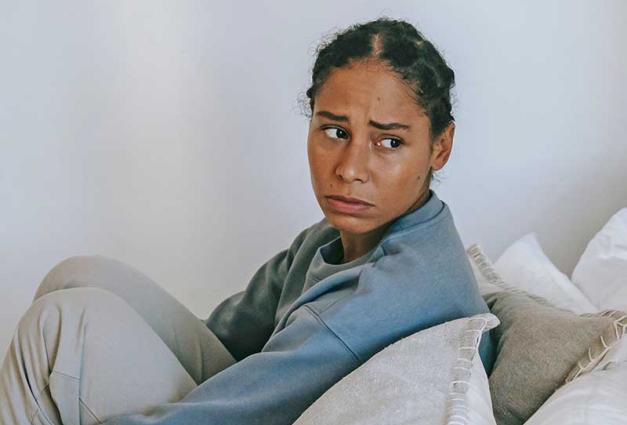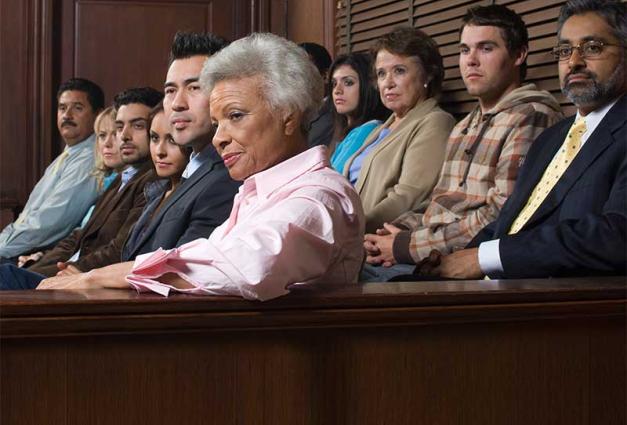Accidents happen, and when misfortunes occur we tend to look for someone or something to blame.
When such accidents lead to court cases, it often falls upon a jury to determine fault. How does an individual’s attributional tendency impact how they assign blame?
This is the question Ashley Votruba from the University of Nebraska-Lincoln sought to answer in her opening presentation titled The Influence of Social Attributions on Juror Perceptions, presented for the Social Psychology and Law: In the Courtroom and Beyond preconference at the SPSP Annual Convention. Votruba found that individuals’ dispositional tendencies influence their attributions of fault and blameworthiness.
Votruba’s research is based on the theoretical concept of social attributions. Individuals may hold more situational or dispositional tendencies when making attributions. Those with more situational tendencies are likely to rely on contextual factors such as social roles to form judgments. Alternatively, those with dispositional tendencies are more likely to rely on individual factors such as the person’s personality or history.
Across three studies, Votruba tested how social attributions impact jurors’ perceptions of responsibility in negligent tort cases. In one study, respondents examined a case in which a car accident took place. Respondents with higher dispositional tendencies were more likely to allocate higher rates of fault to the driver in the scenario, perceive the driver as being more blameworthy, and reported that higher damage amounts were owed.
A medical malpractice case was used to assess similar concepts in study two. Once again, the findings suggested that those with higher dispositional tendencies were likely to assign more responsibility to the individual. These individuals were likely to agree that the doctor’s actions were inappropriate and that he failed to uphold the accepted standard of care. The findings of this study provide further evidence that attributional tendencies can influence jurors’ perceptions of blame.
This line of research is important as it points to the possibility that jurors may rely on their existing attributional tendencies. It is not difficult to see why this may be problematic. We expect that jurors consider the evidence objectively but this research suggests that other factors may play a role.
It may seem that priming individuals to a more situational orientation could help to solve this challenge. However, Votruba’s study three suggests that doing so may prove to be difficult. The goal of this study was to use an experimental manipulation to determine if respondents could be made to be more situationally focused. The manipulation did not have a statistical impact. However, it is possible that alternative manipulations could lead to priming jurors to be more situationally focused.
Ultimately, several questions remain for future exploration, including whether manipulating attributional tendencies is possible. Further, how can these findings inform the legal system to help better guide juror decision-making? And finally, does the presentation of character evidence in a court case interact with dispositional tendencies to influence attributions of blame?
Written by Kristan Russell, PhD Student at the University of Nevada, Reno
Preconference: Social Psychology and Law: In the Courtroom and Beyond
Presentation: The Influence of Social Attributions on Juror Perceptions
Speaker: Ashley Votruba, JD, PhD - University of Nebraska - Lincoln




